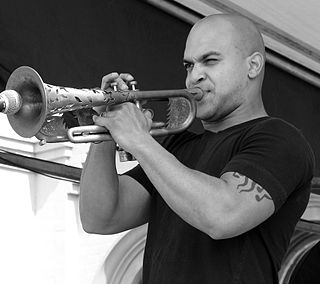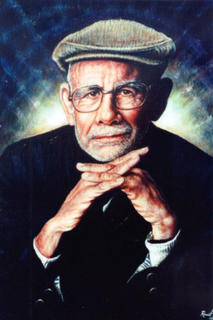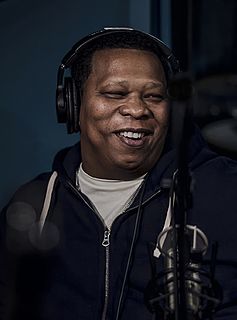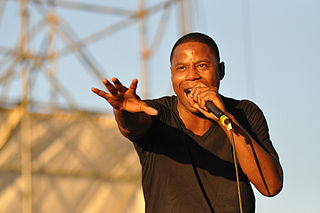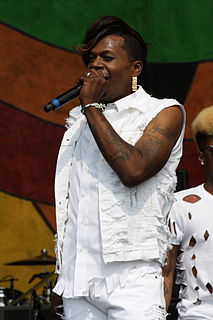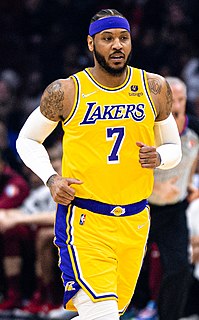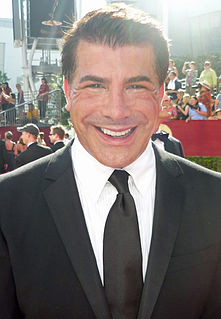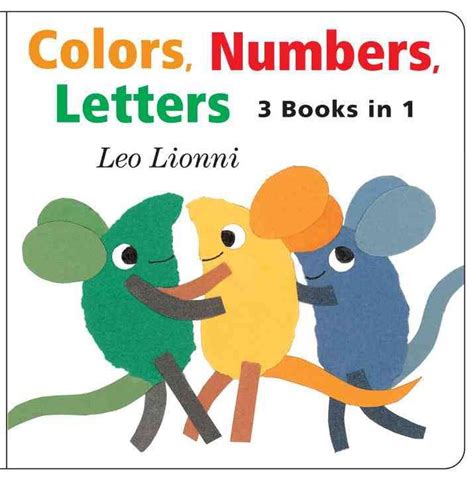A Quote by Dawn Richard
I really got back to my New Orleans roots - my grandfather played with Fats Domino. We had to leave after Katrina, but I feel like, spiritually, I'm back there.
Related Quotes
I got thrown out of music school for even listening to Fats Domino and Ray Charles. I was asked, 'What kind of music do you like to listen to?' and I said, 'Well, I do like Paul Hindemith and Igor Stravinsky but I also like Fats Domino and Ray Charles,' and they literally said, 'Either forget about that or leave.'
I did this campaign that was called "Back to the Basics" where I went back to the street, went back to my block, and really felt the people. We've got to go back to that sometimes. We distance ourselves from that and we see it from afar. Some people can't relate back to that; once you're out of it, they don't want to relate back to that. It's always good to get back to the basics, though. You've got to touch the roots, you've got to touch those people. Regardless of what's going on, people always respect that.
I believe that New Orleans had a level of sin that was offensive to God, that there was to be a homosexual parade on the Monday that the Katrina came, and the promise of that parade was that it was going to reach a level of sexuality never demonstrated before in any of the other Gay Pride parades. So I believe that the judgment of God is a very real thing, and I believe that the Hurricane Katrina was, in fact, the judgment of God against the city of New Orleans.
The gateway to freedom...was somewhere close to New Orleans where most Africans were sorted through and sold. I had driven through New Orleans on tour and I'd been told my great grandfather had lived way back up in the woods among the evergreens in a log cabin. I revived the era with a song about a coloured boy named Johnny B. Goode. My first thought was to make his life follow as my own had come along, but I thought it would seem biased to white fans to say 'coloured boy' and changed it to 'country boy'.
The Domino Effect could stand for anything. It could be just the simple game of the domino rocks falling off one after another, all kinds of decision we make that come back to our face. For example take an anorexic model that stops eating until she dies, or the bombs that a are thrown in a war and the effect they have on people, or even something simple as listening to a record that you like until you get bored of it and leave it in your shelf.

